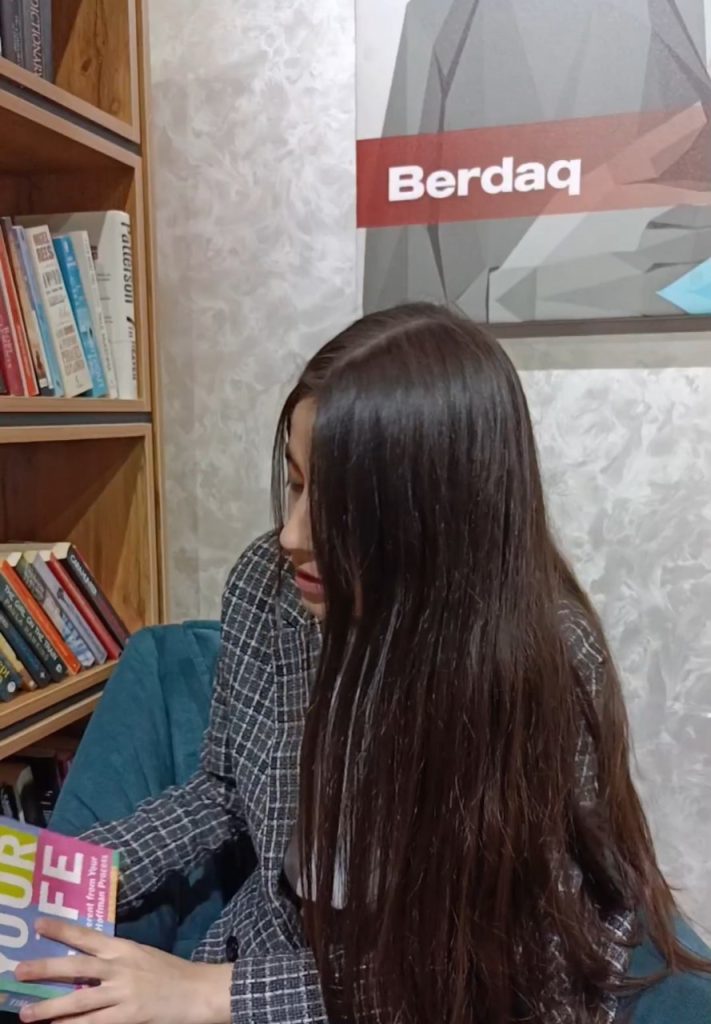
Knowledge gained from books read.
Everyone has read at least 10 books, because books have their place in life, and I have read many books so far, for example, secular, religious, business, psychological and leadership books. Each book has its own knowledge to give to a person, and I can easily say that through the information in the book, people gain experience in their lives. Personally, from the book I read about business and leadership, I learned skills that can be used in life and can easily get out of problems. Through this knowledge, I am currently working as a participant, coordinator, volunteer, leader, organizer of many projects. Even through my personal project, I trained more than 20 students and shared the knowledge I got from books with about 1000 young people.
In addition, I have proven that exchanging ideas while reading a book, freely expressing one’s opinion, and developing a world view gives knowledge, the reason is that during conversations with many people, when we exchange ideas, they ask me the following question: “How many books have you read in your life and what books do you recommend?” that I feel that I have easily read a lot of books because of these questions.
Alisherova Dilshoda Azizxon qizi Student of Uzbekistan State World Languages university


